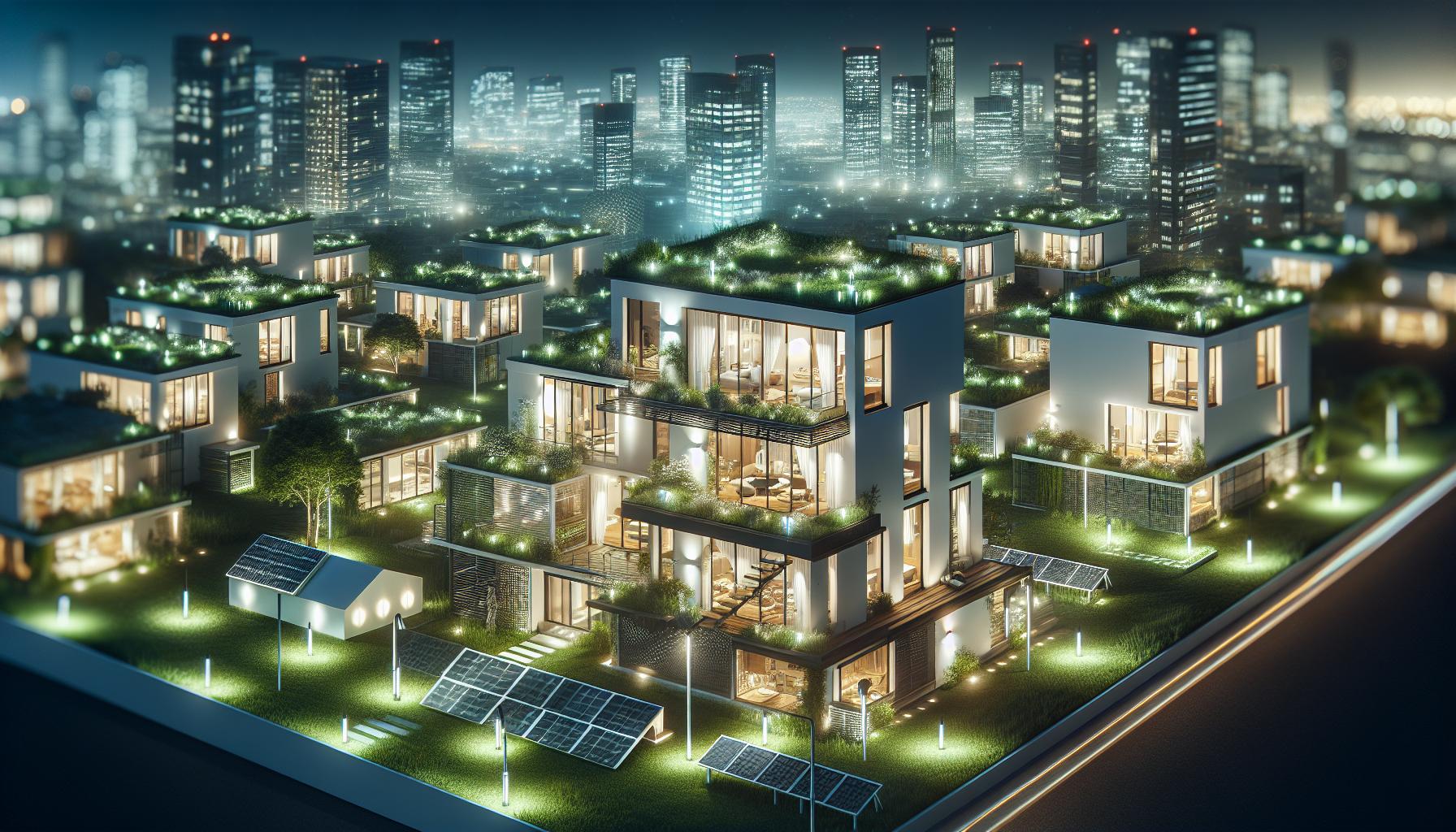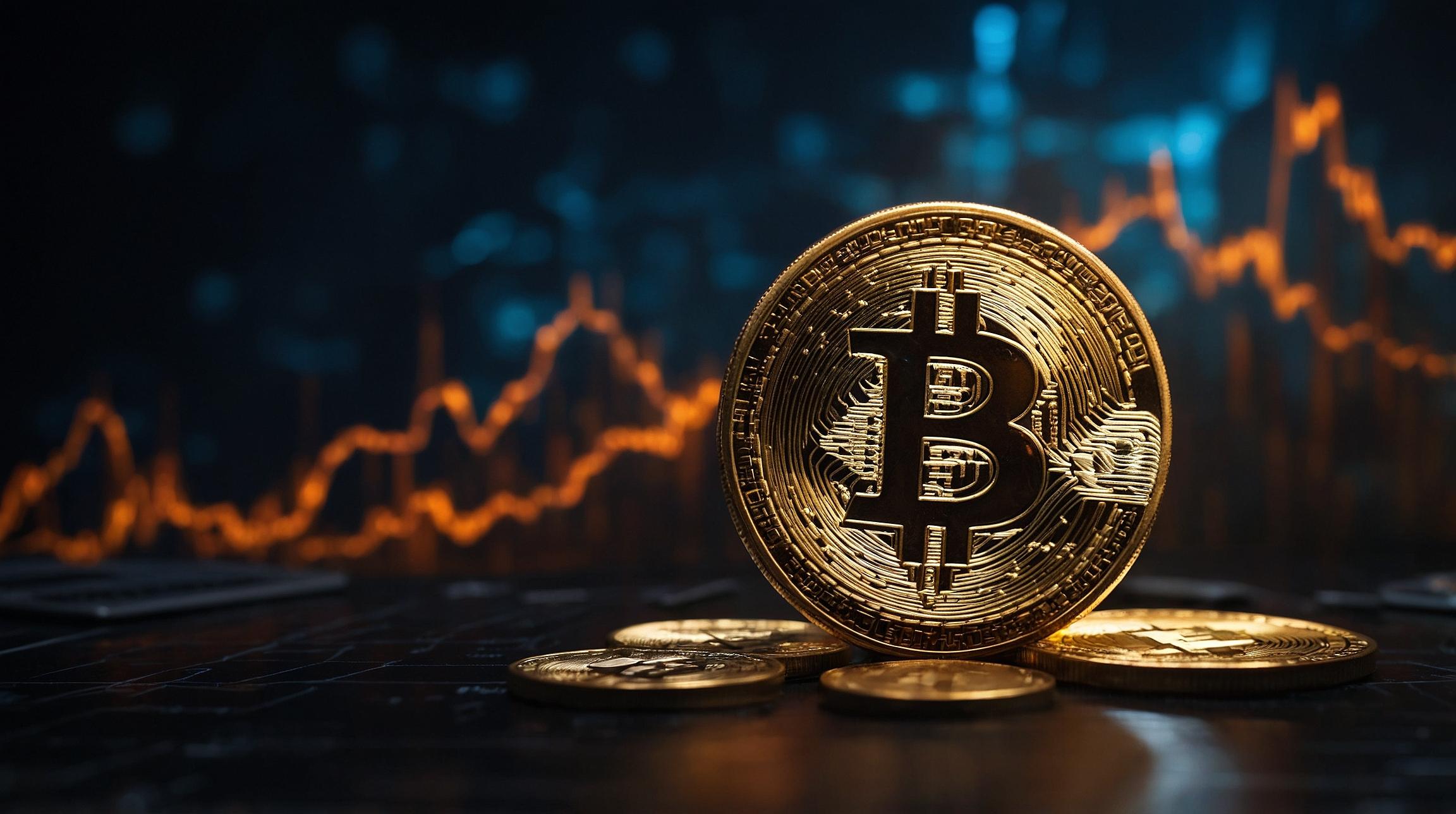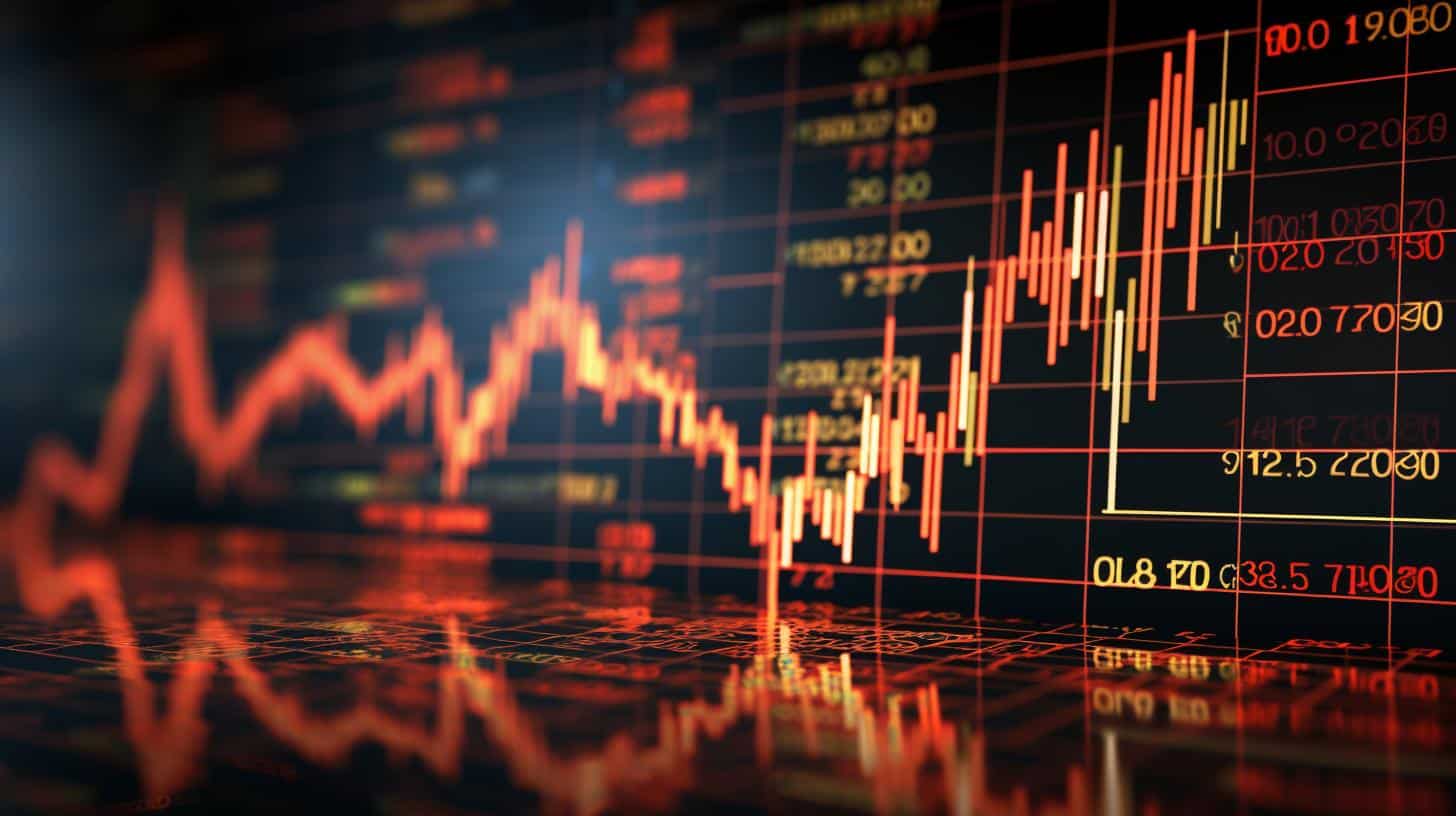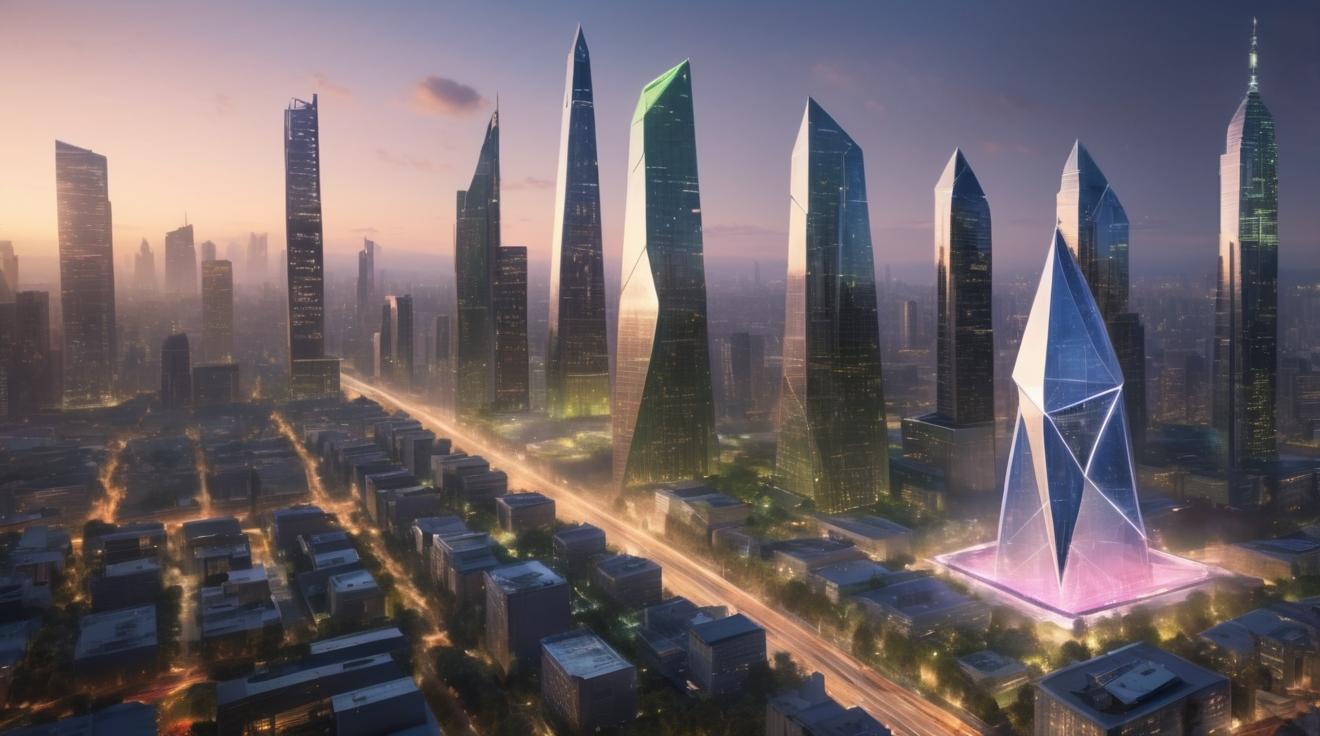Exploring Sustainable Real Estate: Balancing Profits and Eco-Consciousness
The Rise of Sustainable Real Estate: A Profitable Revolution
In recent years, there has been a significant rise in the demand for sustainable real estate. The global shift towards eco-consciousness has not only impacted the way we live our lives but has also revolutionized the real estate industry. Developers and investors have recognized the potential for profitability in catering to this growing market segment. Sustainable real estate not only offers environmental benefits but also provides long-term financial gains. By incorporating green building practices and energy-efficient technologies, developers can attract environmentally conscious buyers and tenants, while also reducing operating costs and improving the resilience of their properties.
Green Construction and Design: Defining the Future of Real Estate
Green construction and design play a crucial role in sustainable real estate development. The integration of energy-efficient systems, such as solar panels and smart home technologies, allows properties to generate their own renewable energy, reducing reliance on traditional power sources. Additionally, sustainable building materials, such as recycled or locally sourced materials, help minimize the environmental impact of construction. Green design principles, such as enhanced insulation and efficient water management systems, contribute to lower utility costs for occupants. These features not only make properties more attractive to potential buyers and tenants but also contribute to a healthier and more comfortable living environment.
Sustainable Investing: Finding the Balance between Profits and Planet
Investing in sustainable real estate presents a unique opportunity to align financial interests with environmental goals. As the demand for sustainable properties continues to grow, investors are recognizing the potential for long-term returns and reduced risk. Sustainable properties often have higher resale values and lower vacancy rates, making them a more stable investment option. Furthermore, there are a growing number of financial incentives, such as tax credits and grants, available for sustainable real estate projects. By integrating sustainable practices into their investment strategies, investors can not only achieve financial success but also contribute to the preservation of the planet for future generations.
The Role of Technology in Sustainable Real Estate Development
Technology has become a key enabler in sustainable real estate development. From the use of Building Information Modeling (BIM) to optimize the design and construction process to the implementation of smart home automation systems, technology plays a vital role in maximizing energy efficiency and reducing environmental impact. Cutting-edge technologies, such as Internet of Things (IoT) devices and artificial intelligence, allow for real-time monitoring and control of energy consumption, water usage, and waste management. By leveraging technology, developers can create more sustainable and intelligent buildings that cater to the needs of environmentally conscious occupants.
Building Communities with Sustainability at the Forefront
Sustainable real estate development goes beyond individual properties; it extends to building communities that prioritize eco-consciousness. Developers are incorporating green spaces, such as parks and gardens, into their projects to promote a healthy and sustainable lifestyle. Additionally, mixed-use developments that combine residential, commercial, and recreational spaces in one area reduce the need for long commutes and encourage walking and cycling. Community engagement programs, such as education on sustainable living and recycling initiatives, foster a sense of environmental responsibility among residents. By building communities with sustainability at the forefront, developers can create not just environmentally friendly properties, but also vibrant and resilient neighborhoods.
In conclusion, sustainable real estate offers a profitable and eco-conscious approach to property development and investment. The rise of sustainable practices in construction and design, coupled with technological advancements and the growing demand for eco-friendly properties, has transformed the real estate industry. Investors and developers now have an opportunity to balance profits and planet, reaping financial rewards while contributing to a more sustainable future. By prioritizing green construction and design, leveraging technology, and building communities with sustainability at the forefront, the real estate industry can play a crucial role in creating a more environmentally friendly and resilient world.













